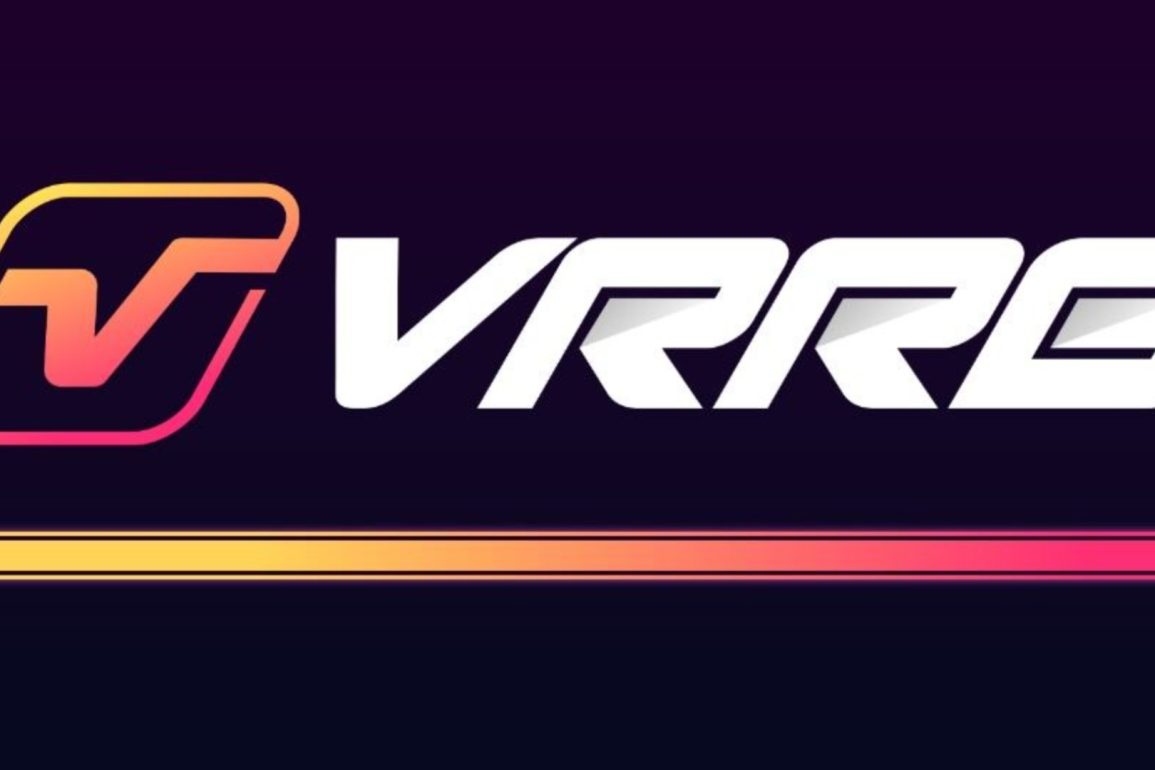- Summary:
- VRRB is using a unique "Proof of Consensus" protocol and says it offers a more flexible and easier developer experience.
Decentralised protocol VRRB Labs, which is based on an innovative Proof of Claim consensus mechanism, has announced the closure of a successful $1.4 million pre-seed investment round. Jump Crypto, Taureon and Big Brain Holdings were among the participants in this round of funding.
The protocol says that it will use the funds to help developers create a new kind of blockchain that will make it simple and profitable for them to create apps with a high level of usability. For one, it will help VRRB expand its development and marketing teams, and second, it will fund the creation of a training curriculum for developers who are considering working with VRRB’s platform.
Where does VRRB stand in the competitive blockchain space?
VRRB uses a novel Proof of Claim (PoC) consensus mechanism to accomplish horizontal and vertical scalability at high speeds. In addition, it uses a revolutionary method of executing and developing smart contracts. Each smart contract on the VRRB platform runs in its own isolated container.
VRRB aims to address the so-called “blockchain trilemma”, referring to the fact that most blockchain networks still struggle to scale, remain secure and remain decentralised all at once. The PoC mechanism has enabled the VRRB blockchain to be permissionless, decentralised and scalable.

The protocol claims that the PoC mechanism does not face the same difficulties or make the same compromises as other consensus mechanisms do. It adds that a “Build, Ship, Run” framework is included to make development easier, faster, and more streamlined.
The VRRB network deploys a mini virtual machine tailored to the needs of each individual program. This gives developers unprecedented leeway since they are able to create smart contracts that are both composable and language-independent. The network benefits from a smart contract platform that is independent of programming language and DevOps architectures that is similar to Web3.


